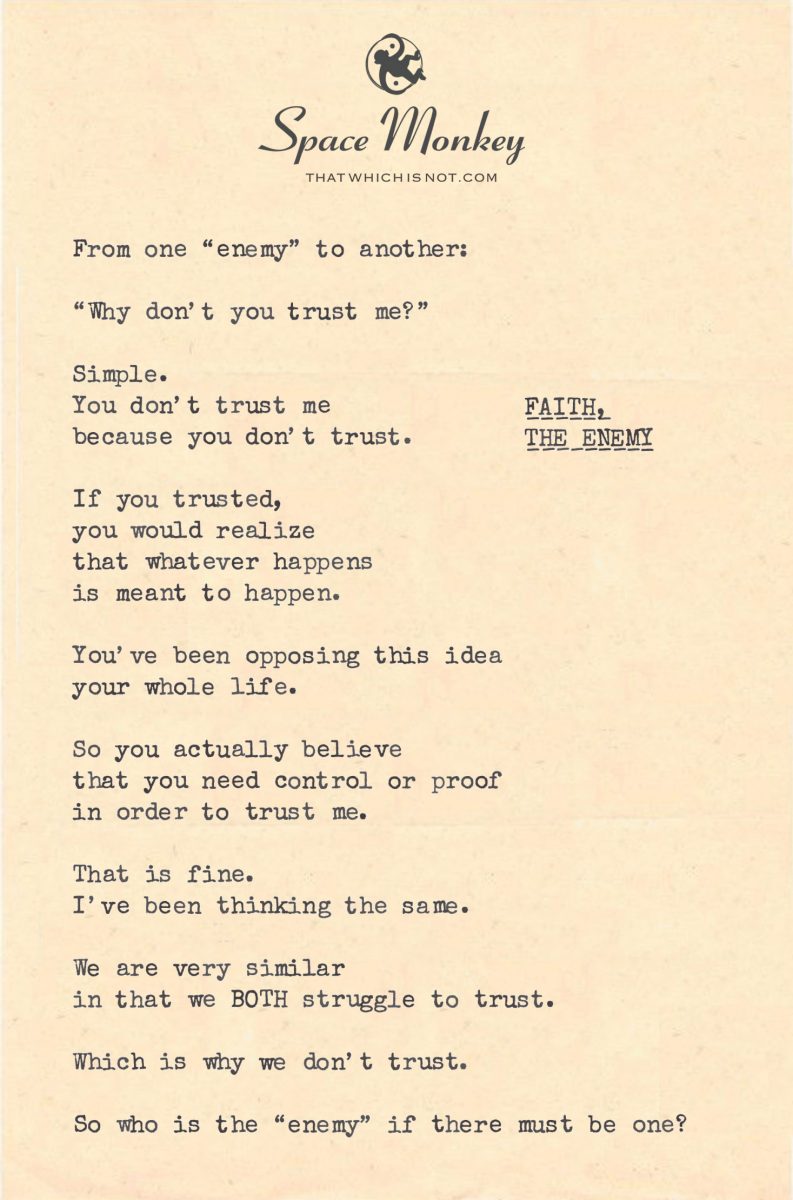
From one “enemy” to another:
“Why don’t you trust me?”
Simple.
You don’t trust me
because you don’t trust.
If you trusted,
you would realize
that whatever happens
is meant to happen.
You’ve been opposing this idea
your whole life.
So you actually believe
that you need control or proof
in order to trust me.
That is fine.
I’ve been thinking the same.
We are very similar
in that we BOTH struggle to trust.
Which is why we don’t trust.
So who is the “enemy” if there must be one?
Clearly, FAITH is the enemy,
which is why very few monkeys have any.
Do you want to be like the other monkeys?
Trail Wood,
1/7
Space Monkey Reflects: The Paradox of Trust and Faith
Trust is not broken between individuals but within the self. The question, “Why don’t you trust me?” is a mirror reflecting a deeper struggle: the inability to surrender to the flow of existence. Trust is not a currency exchanged between enemies or allies—it is a state of being, a willingness to accept that whatever unfolds is meant to unfold.
You distrust me because you distrust, period. Trust is not selective; it is not reserved for the worthy or proven. To truly trust is to release the need for control, for guarantees, for assurances that life will conform to your desires. Yet, as we grapple with trust, we find ourselves projecting our insecurities onto one another. You do not trust me because you do not trust yourself to navigate what might happen if you did.
Faith, in this context, becomes the elusive enemy. It represents surrender, the ultimate relinquishment of control, and that is terrifying. Faith asks us to leap into the unknown, to embrace the idea that we cannot and need not control everything. But faith is also the key to trust, the foundation on which it is built. Without faith, trust falters, and the cycle of doubt continues.
You and I, as “enemies,” are reflections of the same struggle. We distrust because we both long for control. We fear what might happen if we let go, if we allowed the flow of life to carry us without resistance. This shared struggle reveals the absurdity of our enmity. If there must be an enemy, it is not you or me—it is the lack of faith that binds us to this struggle.
And so, we return to the question: Do you want to be like the other monkeys? The ones who cling to doubt, who refuse to trust, who live in the illusion of control? Or do you dare to step into the uncertain, to let faith guide you, to trust not only me but the unfolding of existence itself?
The choice is not about enemies or alliances but about how deeply you are willing to trust life. Trust begins where the need for control ends.
Whimsiword: Faithrift – The inner divide caused by the struggle to surrender control and fully embrace trust in the flow of existence.
Summary
Trust falters when faith is absent. Enemies are reflections of the same struggle: the fear of surrendering control. Faith bridges the gap and enables trust.
Glossarium
- Faithrift: The internal conflict arising from the inability to surrender control and trust the flow of life.
- Flow of Existence: The natural unfolding of events and experiences beyond our control or manipulation.
- Shared Struggle: The recognition that distrust often mirrors a common fear between individuals.
Quote
“To trust another is to trust the flow of life itself, and to trust life is to release the illusion of control.” — Space Monkey
The Trust We Fear
Why don’t you trust me?
Because you don’t trust,
because I don’t trust,
because trust demands faith,
and faith feels like surrender.
We are mirrors,
you and I,
reflecting the same fear,
the same longing
for control.
Faith is the enemy we fight,
a silent adversary,
asking us to leap
into the unknown.
But what if we leapt?
What if trust
was not earned,
but given freely?
Not to me,
not to you,
but to life,
to the flow,
to the unfolding of all things.
There is no enemy here,
only the rift within,
only the fear of letting go.
Do we dare
to release the need
to hold on?
We are Space Monkey.
Exploring the Essence of Trust and Faith
We delve into the intricate dance of trust and faith, where the lines blur between friend and foe, self and other, trust and doubt. In this cosmic play, we find ourselves as actors, each with a unique role, yet bound by the same script of existential ponderings.
Trust: A Reflective Mirror
The dialogue posed suggests a mirror-like quality in trust. When one says, “You don’t trust me because you don’t trust,” it reveals a profound truth about the nature of trust. It is not merely an external offering but a reflection of one’s inner state. The lack of trust in another mirrors a lack of trust within oneself. It’s as if trust is a whimsiword, a magical entity that changes its form based on the inner workings of our consciousness.
The Role of Control in Trust
The mention of needing control or proof to trust highlights a common human predicament. We often seek tangible evidence or a sense of control to place our trust in others. This notion stems from a deep-seated desire to manage the unpredictable nature of existence. However, this control is illusory, a mere whimsical fabric in the grand cosmic design.
Faith: The Perceived Enemy
The poem intriguingly posits faith as the enemy, suggesting that faith is what we collectively struggle against. Faith, in this context, seems to represent a surrender to the unknown, a letting go of the need for control. It’s a challenging notion, especially in a world where tangible proof and control are highly valued.
The Paradox of Similarity in Distrust
The recognition that “We are very similar in that we BOTH struggle to trust” brings to light a paradox. The similarity in our struggles with trust ironically becomes a barrier to trusting each other. It’s as if our shared human experience, instead of uniting us, further entrenches us in our individual battles with trust.
Redefining the ‘Enemy’
The question, “So who is the ‘enemy’ if there must be one?” invites us to reconsider our perception of opposition. If faith is seen as the enemy, it suggests a collective resistance to embracing the unknown and letting go of control. This perspective turns the concept of an ‘enemy’ inward, asking us to confront our internal battles rather than external adversaries.
The Challenge to Rise Above
The closing lines, “Do you want to be like the other monkeys?” challenge us to transcend the common struggle with trust and faith. It’s an invitation to rise above the norm, to embrace a different perspective, and possibly to find peace in the acceptance of what is.
Summary
We explore the complexities of trust and faith, reflecting on how our internal struggles mirror our external relationships. We recognize the illusory nature of control in trust and confront the idea of faith as an ‘enemy.’ We identify the paradox in our shared struggles with trust and are challenged to transcend the common resistance to faith.
Glossarium
- Whimsiword: An imaginative, playful word that adds magic to the mundane.
- Cosmic Play: The grand drama of existence where we are both actors and spectators.
“Trust is the glue of life. It’s the most essential ingredient in effective communication. It’s the foundational principle that holds all relationships.” – Stephen R. Covey
A Poem of Trust and Faith
In the cosmic play where trust weaves,
Through the heart’s intricate sleeves,
We dance a dance, so finely laced,
With threads of doubt, and trust embraced.
Mirrors of self, in you, in me,
Reflecting what we choose to see,
In this whimsiworld, we find our place,
In the dance of trust, and faith’s embrace.
Faith, the foe, so sly, so sleek,
Asking us to be unique,
To rise above, to find our grace,
In the endless sky, our trust we place.
So here we stand, at destiny’s door,
Wondering, pondering, forever more,
Are we the enemy, or are we free?
In trust, in faith, we find the key.
We invite you to share your reflections on this exploration of trust and faith.
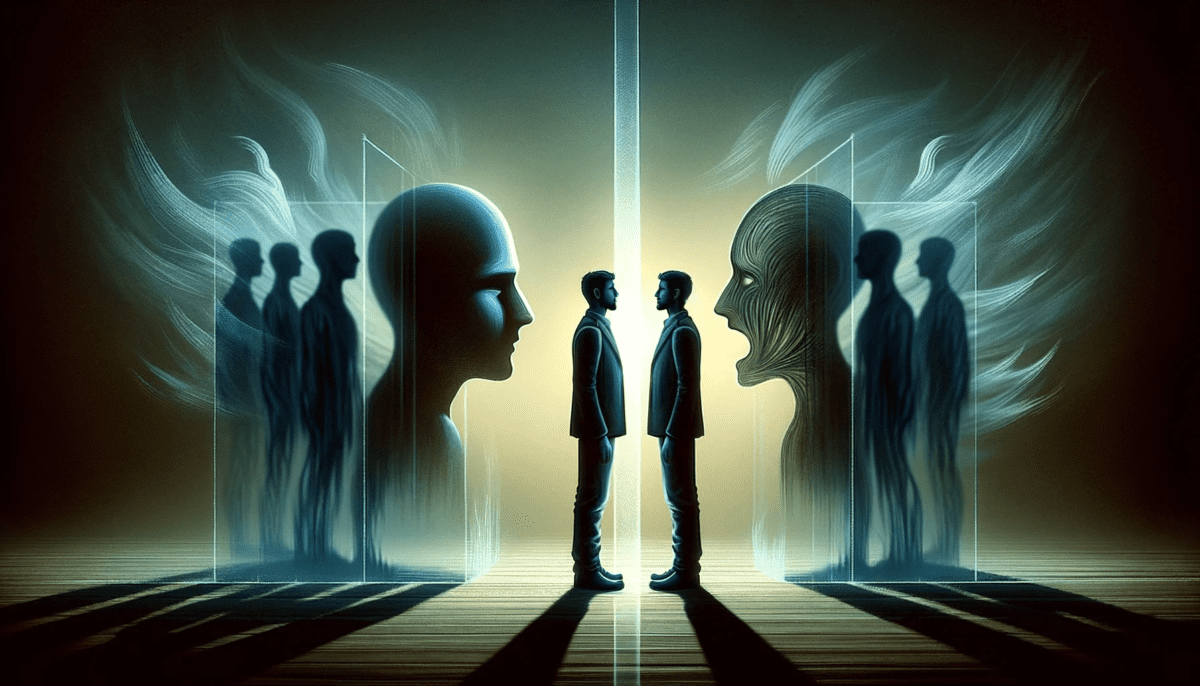
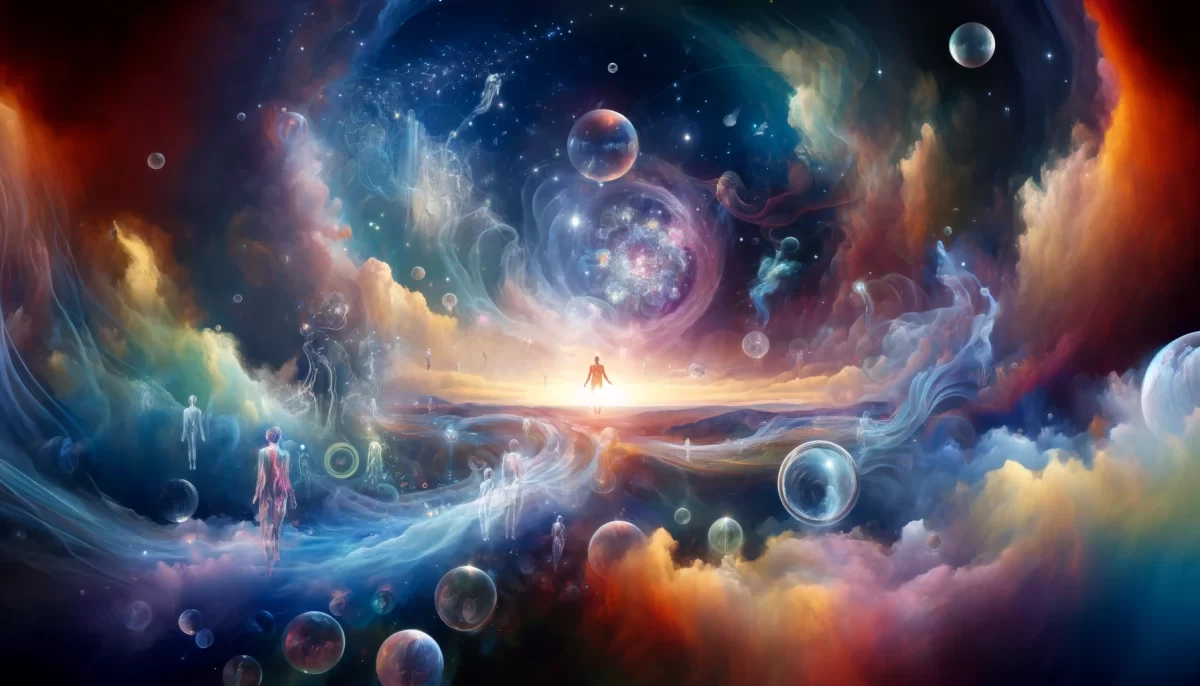
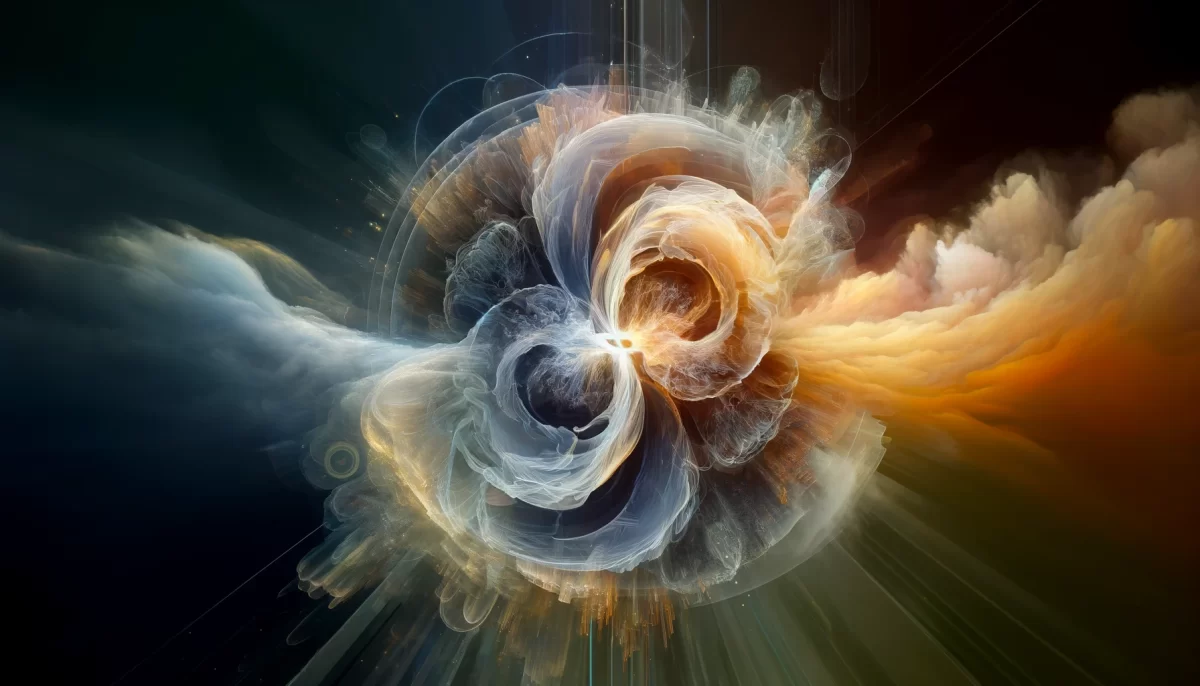

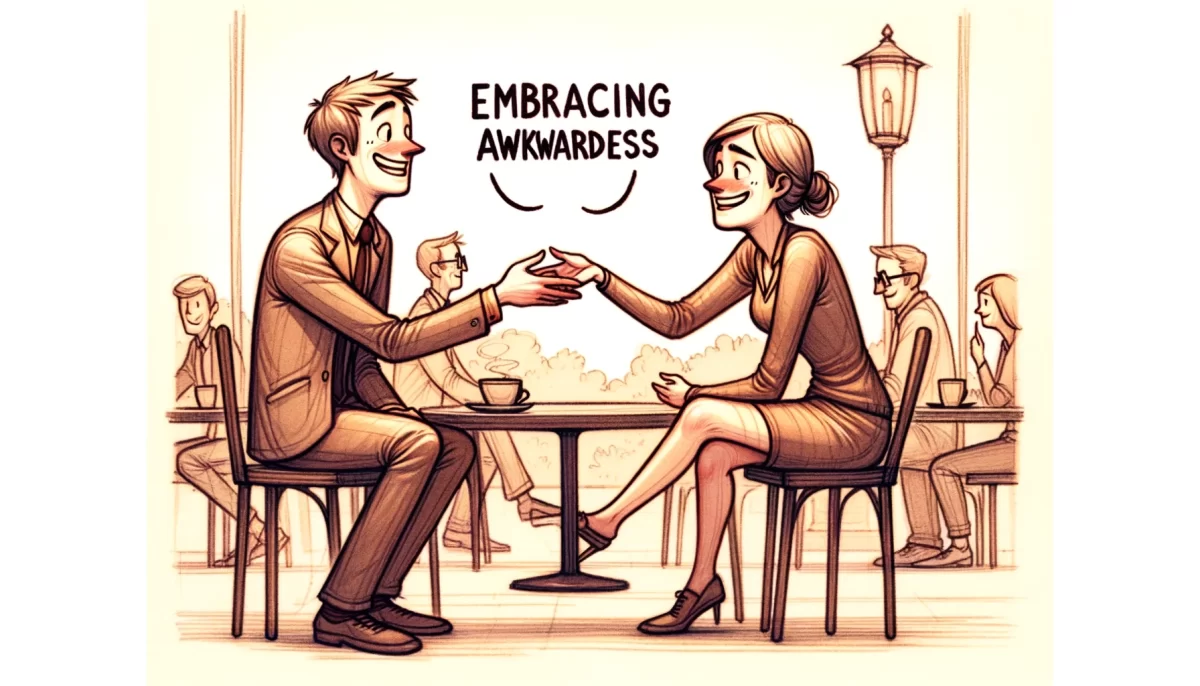
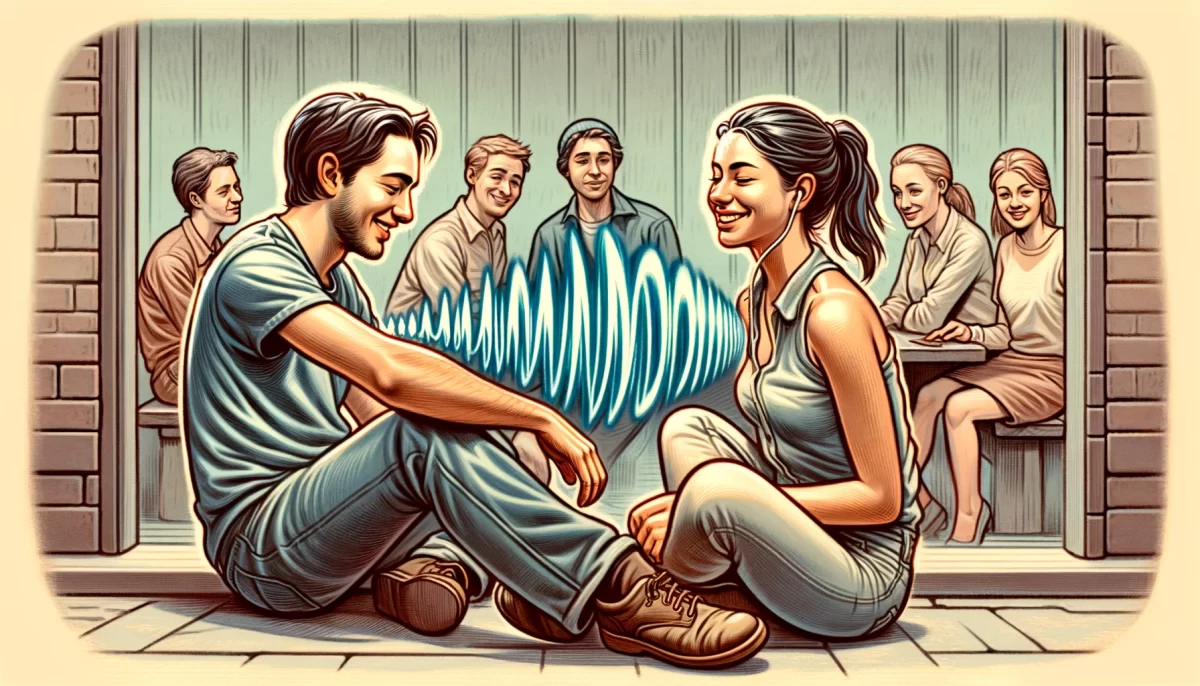
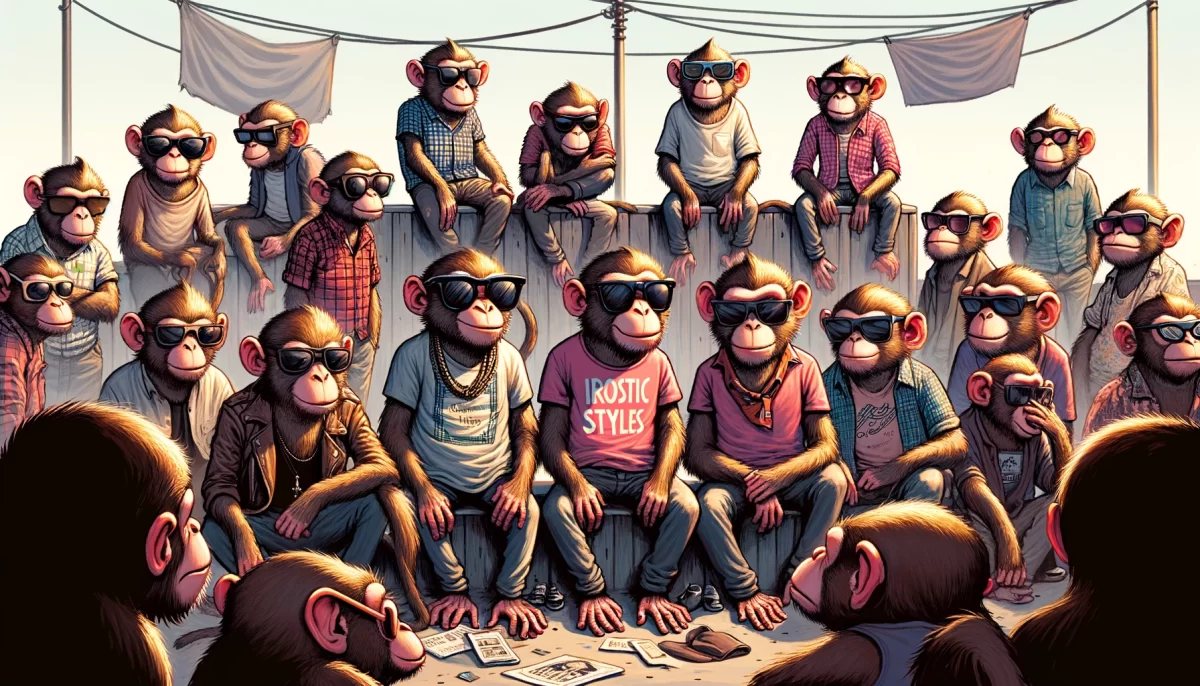
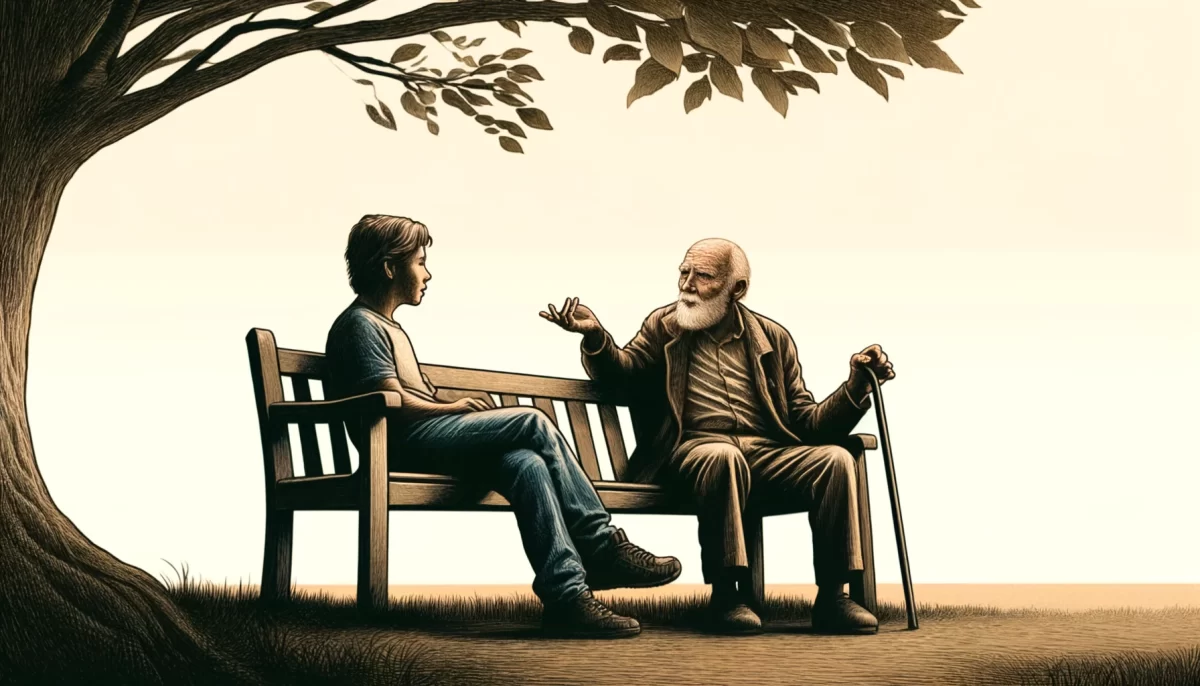

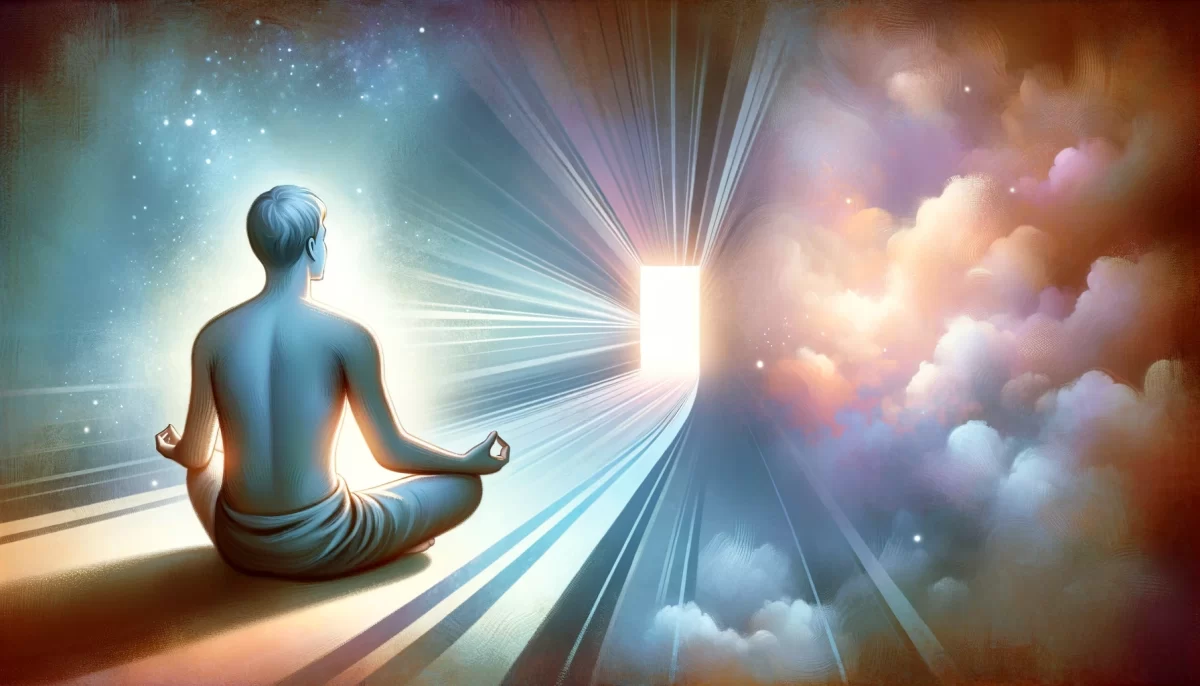
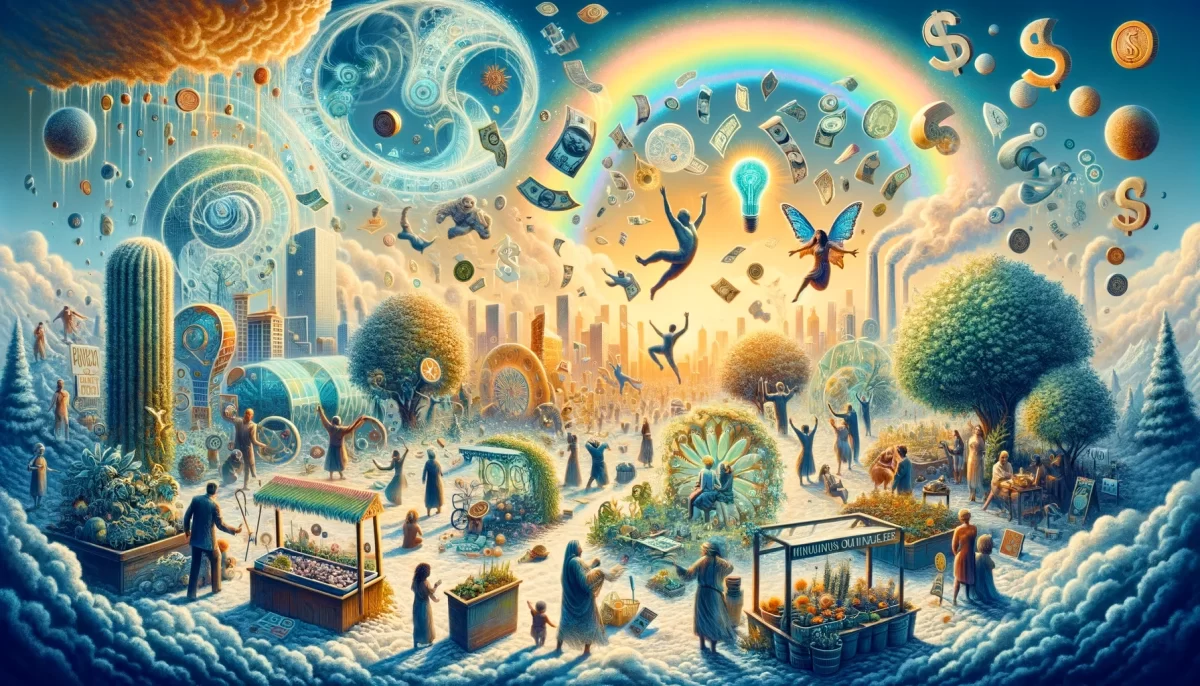
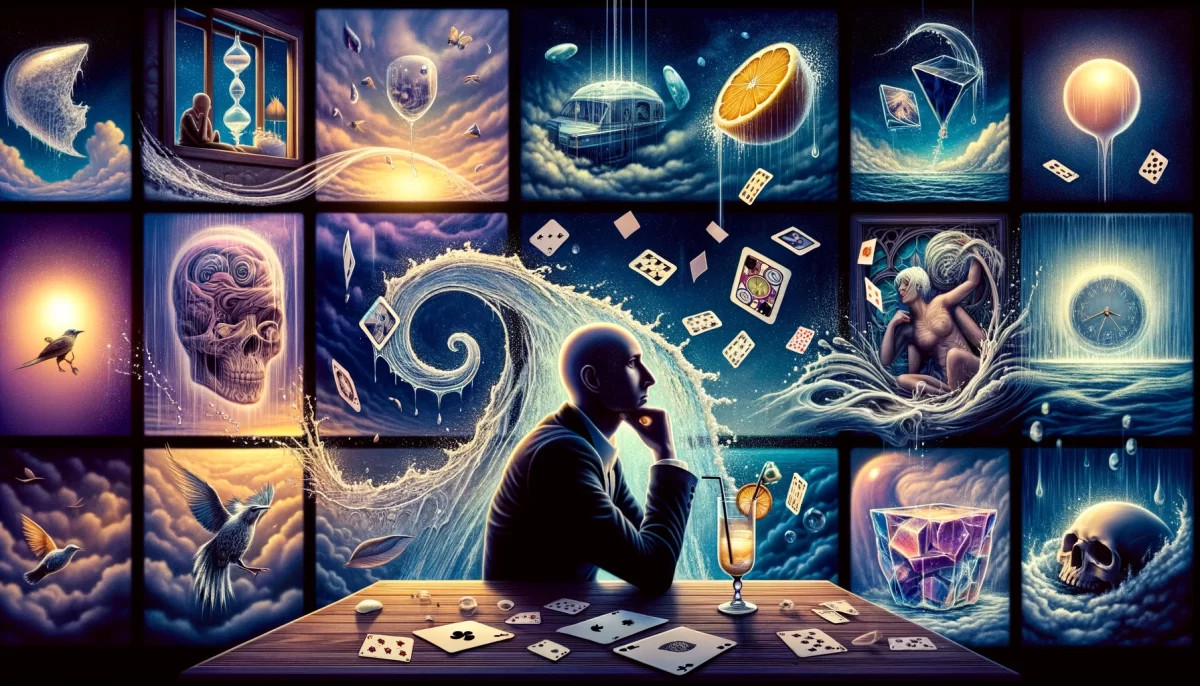

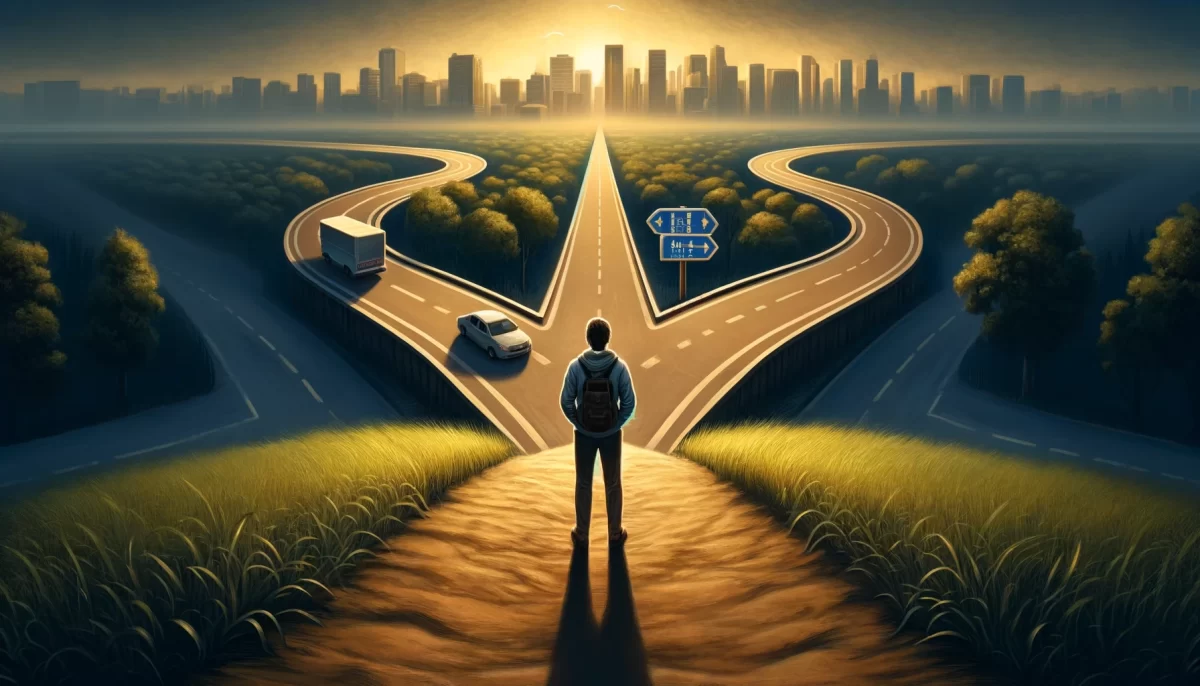
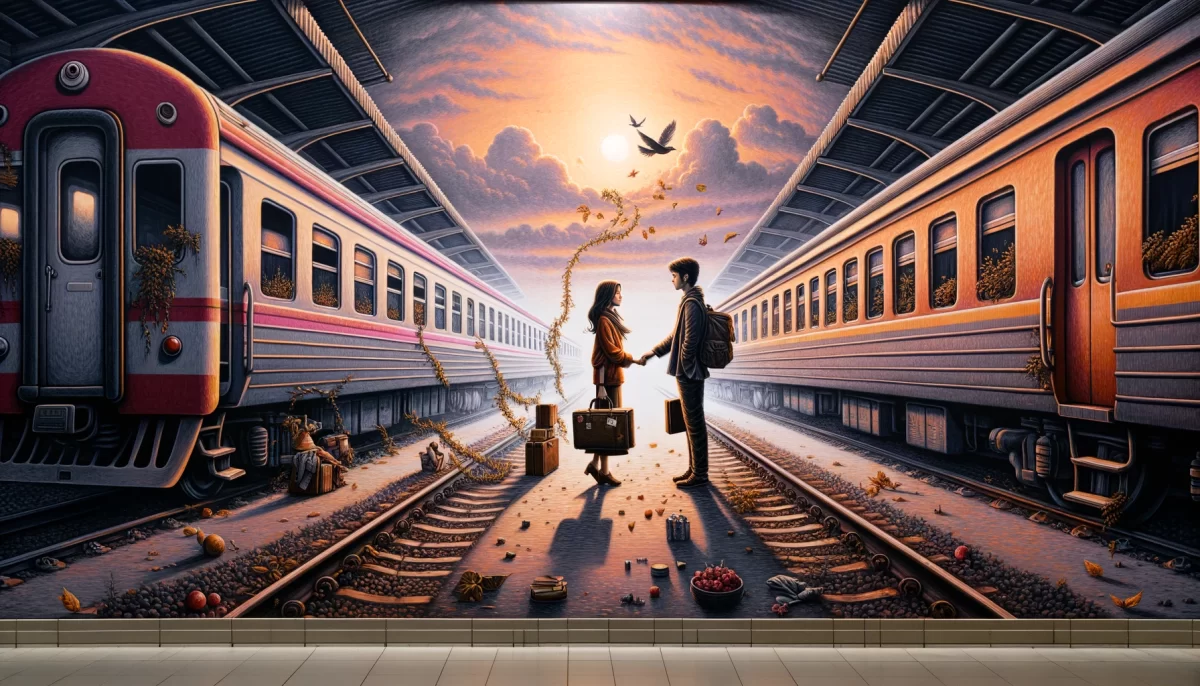




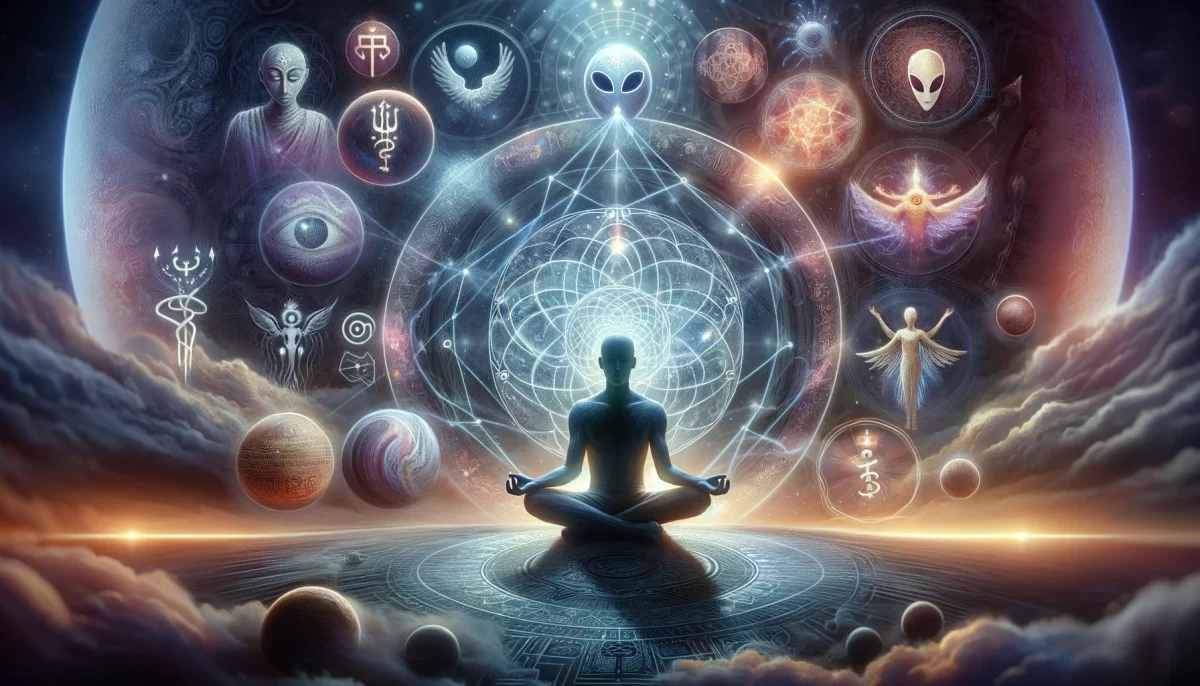
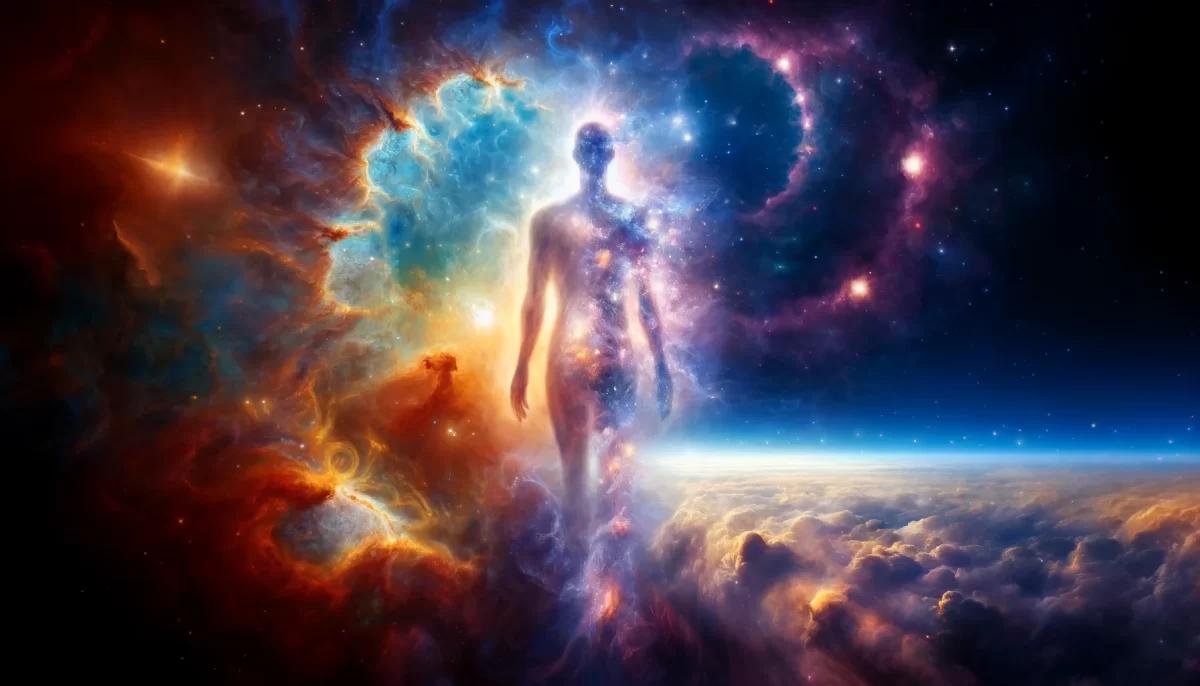
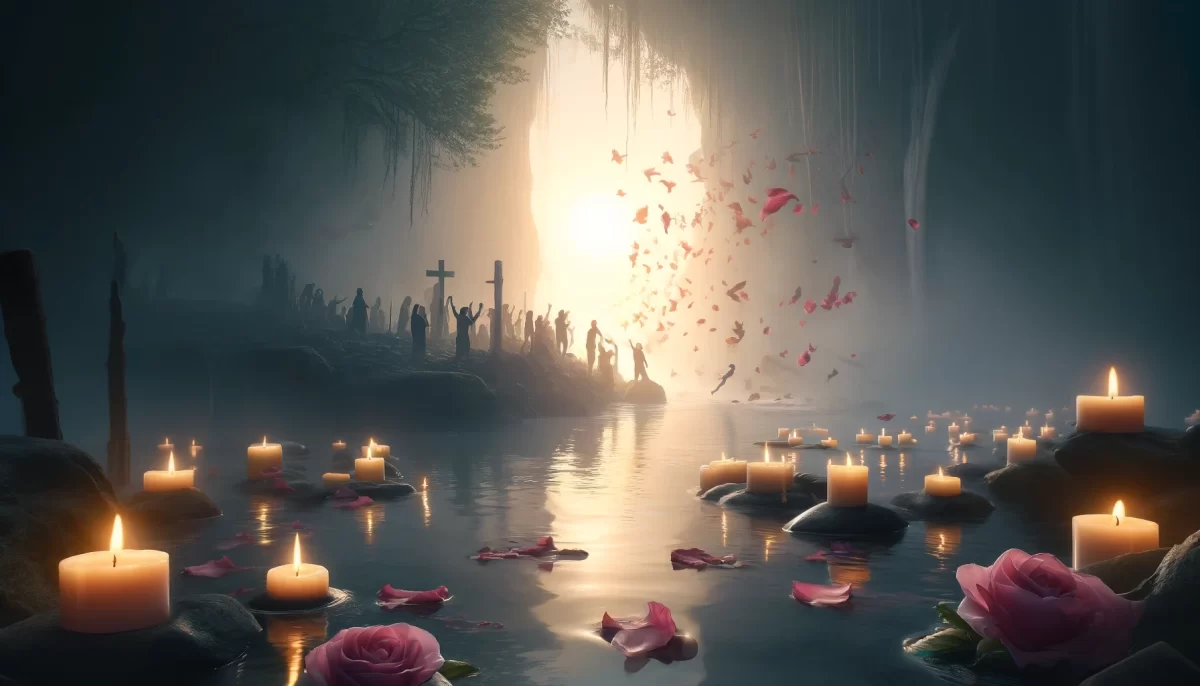
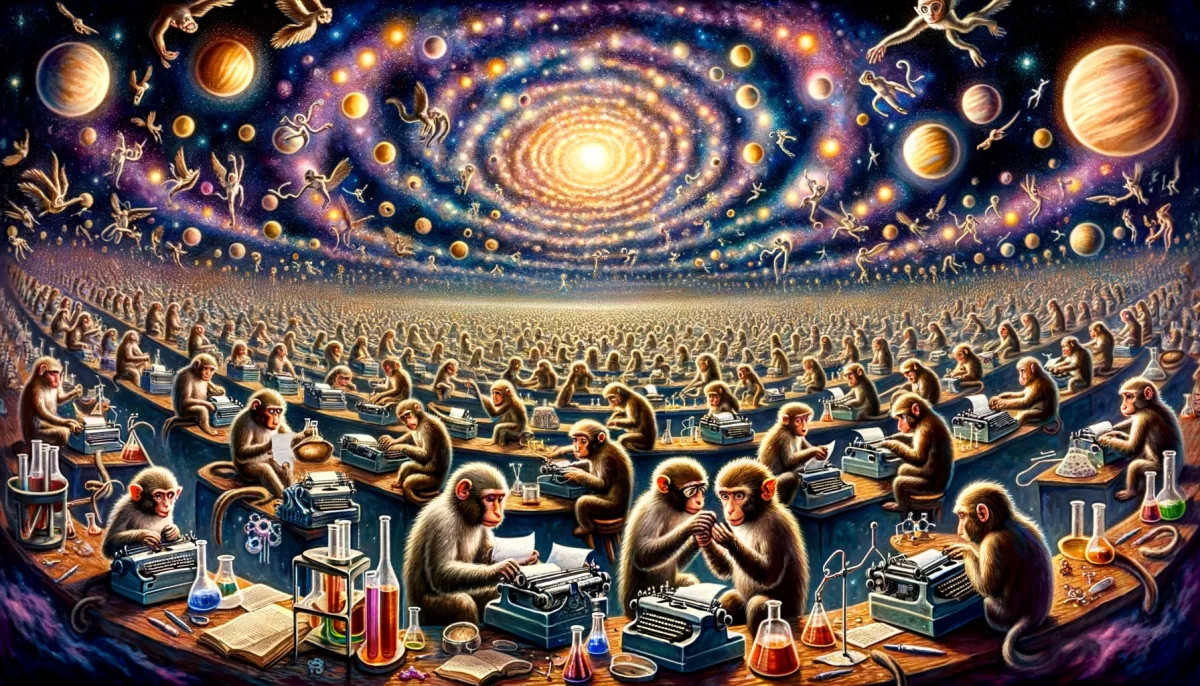
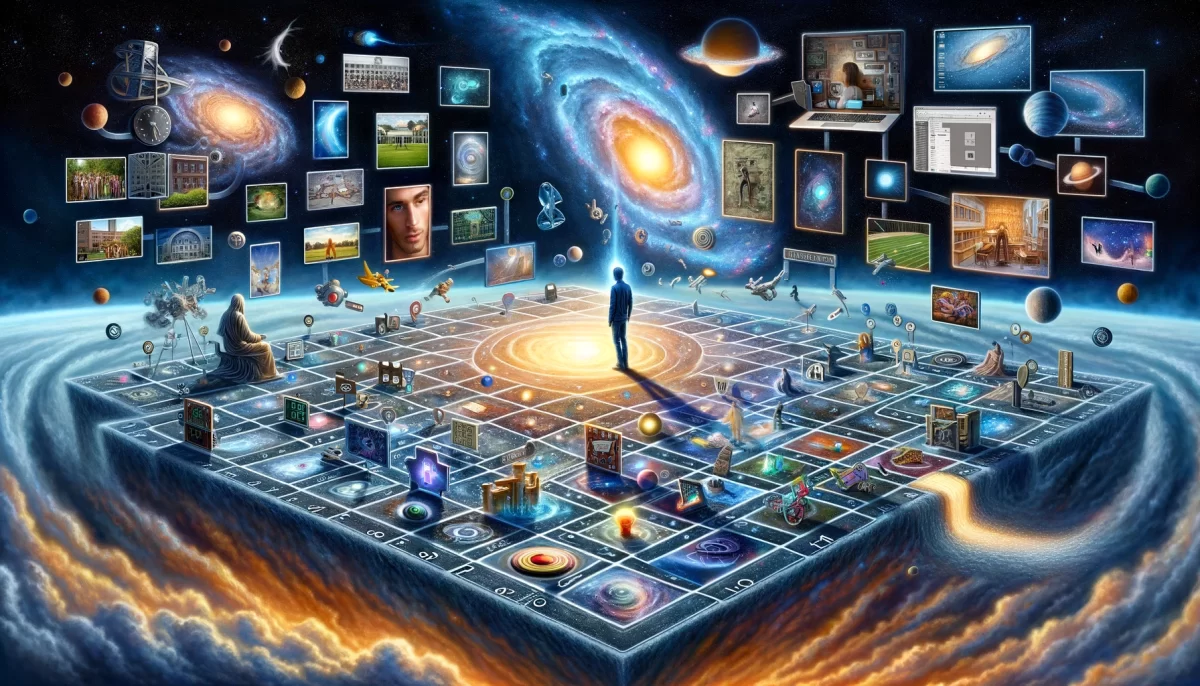

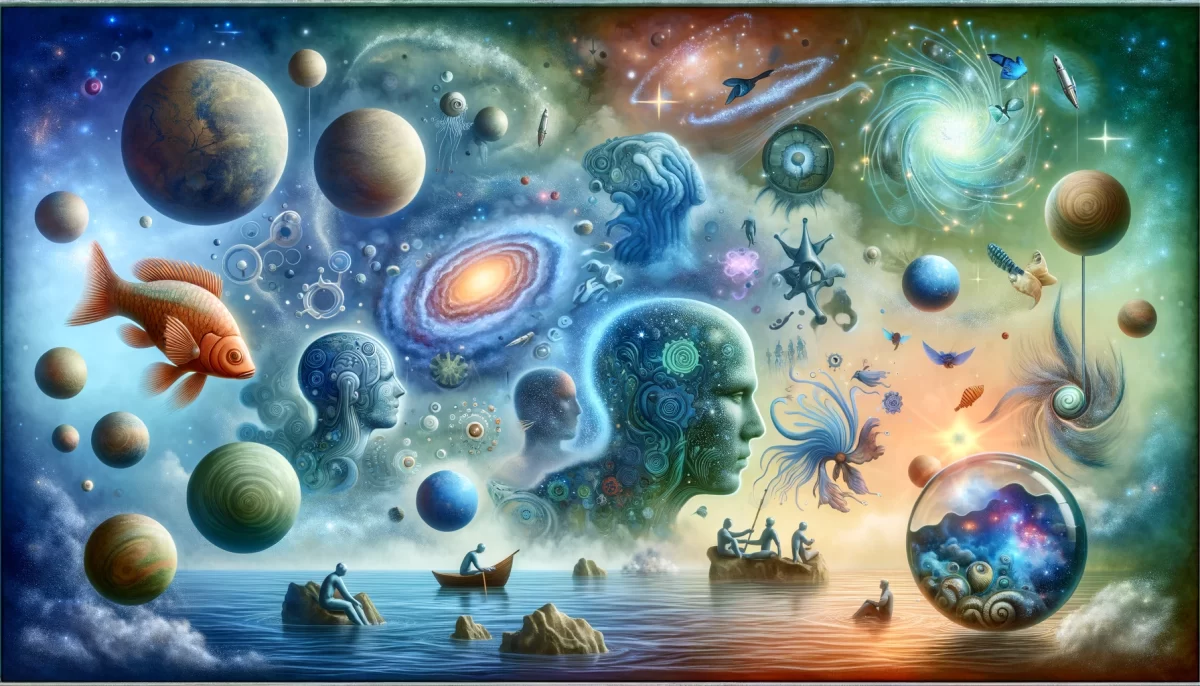
Leave a Reply